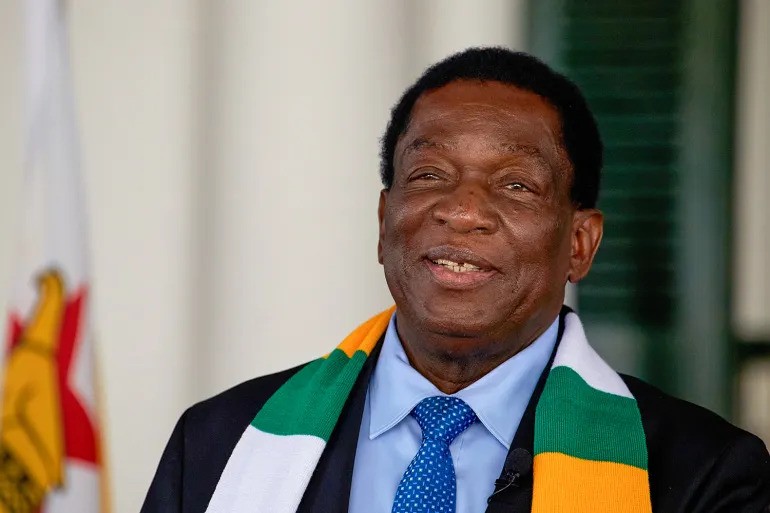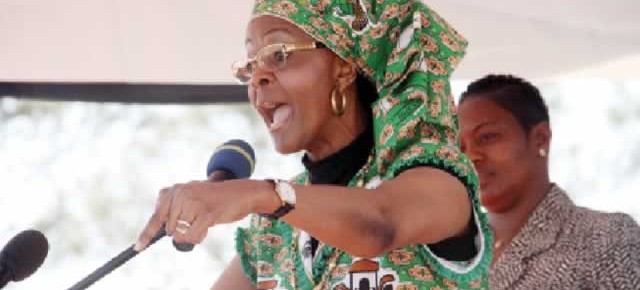
FINANCE Minister Mthuli Ncube has imposed a ban on second-hand private use vehicles above 10 years from the date of manufacture.
Ncube made the policy pronouncement while delivering his 2021 budget in parliament this Thursday.
“Mr Speaker Sir, about US$1.3 billion was spent on imported buses, light commercial and passenger motor vehicles from 2015 to September 2020,” said the minister.
“This is despite the existence of capacity by the local motor industry to assemble the above-mentioned range of motor vehicles.
“Furthermore, due to lack of effective standards and regulation, road unworthy vehicles, which, in some instances fail to meet environmental and safety standards, find their way onto the market.
“In line with the NDS1, which underscores value addition, I propose to remove second-hand motor vehicles aged 10 years and above, from the date of manufacture at the time of importation, from the Open General Import Licence.
“In the interim, commercial vehicles such as tractors, haulage trucks, earth-moving equipment and other specialised vehicles used in mining and construction will be exempt from this requirement.”
These are some of the highlights of the budget:
ZW$46.3bn will be allocated to agriculture with the hope of growing the sector to a US$8.2bn (R124.83bn) industry;
The ministry of transport will receive ZW$30.1bn for infrastructure development, with dualisation of the Harare-Beitbridge highway to be allocated ZW$19bn;
A post-Covid recovery plan for the tourism sector will take up ZW$1.8bn;
Zimbabwe’s water sources countrywide are in an appalling state and Ncube resolved to allocate ZW$10.7bn — while an additional ZW$3.9bn will be set aside to deal with water issues;
The ministry of information technology has been allocated ZW$2bn as the country attempts integration into the digital revolution;
Local authorities and provincial councils will get ZW$19.5bn proposed for devolution. While the ministry of local government walks away with ZW$10.1bn;
The ministry of health will be allocated a staggering ZW$54.7bn, largely driven by how Covid-19 has exposed how badly the sector has been funded, and how poor its infrastructure and equipment is;
Higher education will receive ZW$14.4bn; and
The security sector, namely defence, will get ZW$23.8bn while the police under home affairs receive ZW$23.6bn.
Ncube is projecting a 7.4% overall GDP growth, with year-on-year inflation by the end of 2021 reaching 9%. ■





